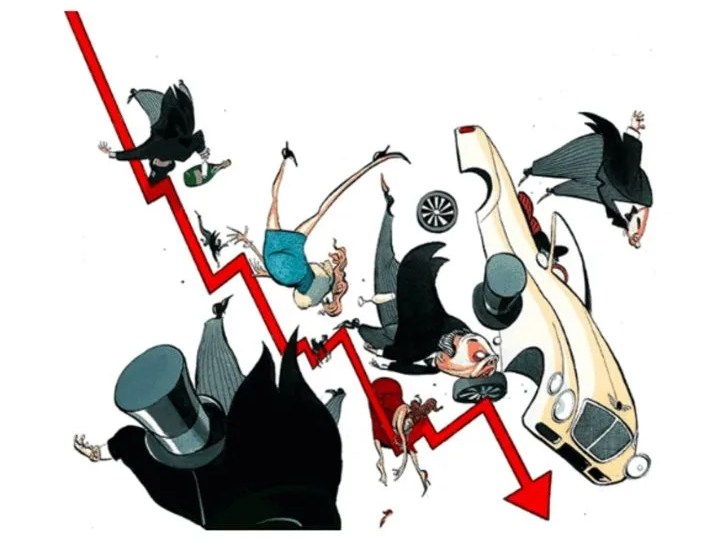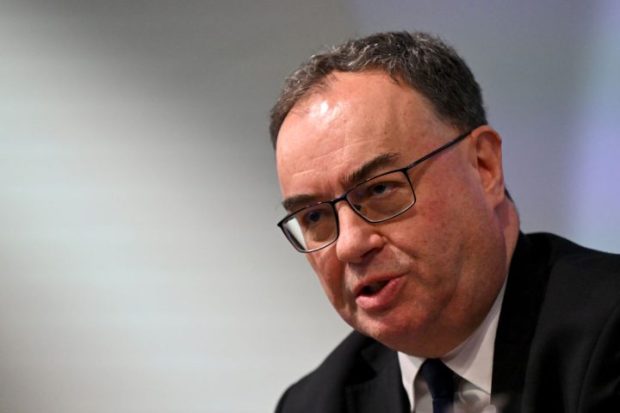It was extremely optimistic to think the UK could revise its way out of recession. After the Office for National Statistics (ONS) reported GDP figures for Q4 last year showing a 0.3 per cent economic contraction between October and December, a recession seemed set in stone. Today the ONS reports no revisions to the figures.
Already a subscriber? Log in
Subscribe for just $2 a week
Try a month of The Spectator Australia absolutely free and without commitment. Not only that but – if you choose to continue – you’ll pay just $2 a week for your first year.
- Unlimited access to spectator.com.au and app
- The weekly edition on the Spectator Australia app
- Spectator podcasts and newsletters
- Full access to spectator.co.uk
Or





















Comments
Don't miss out
Join the conversation with other Spectator Australia readers. Subscribe to leave a comment.
SUBSCRIBEAlready a subscriber? Log in